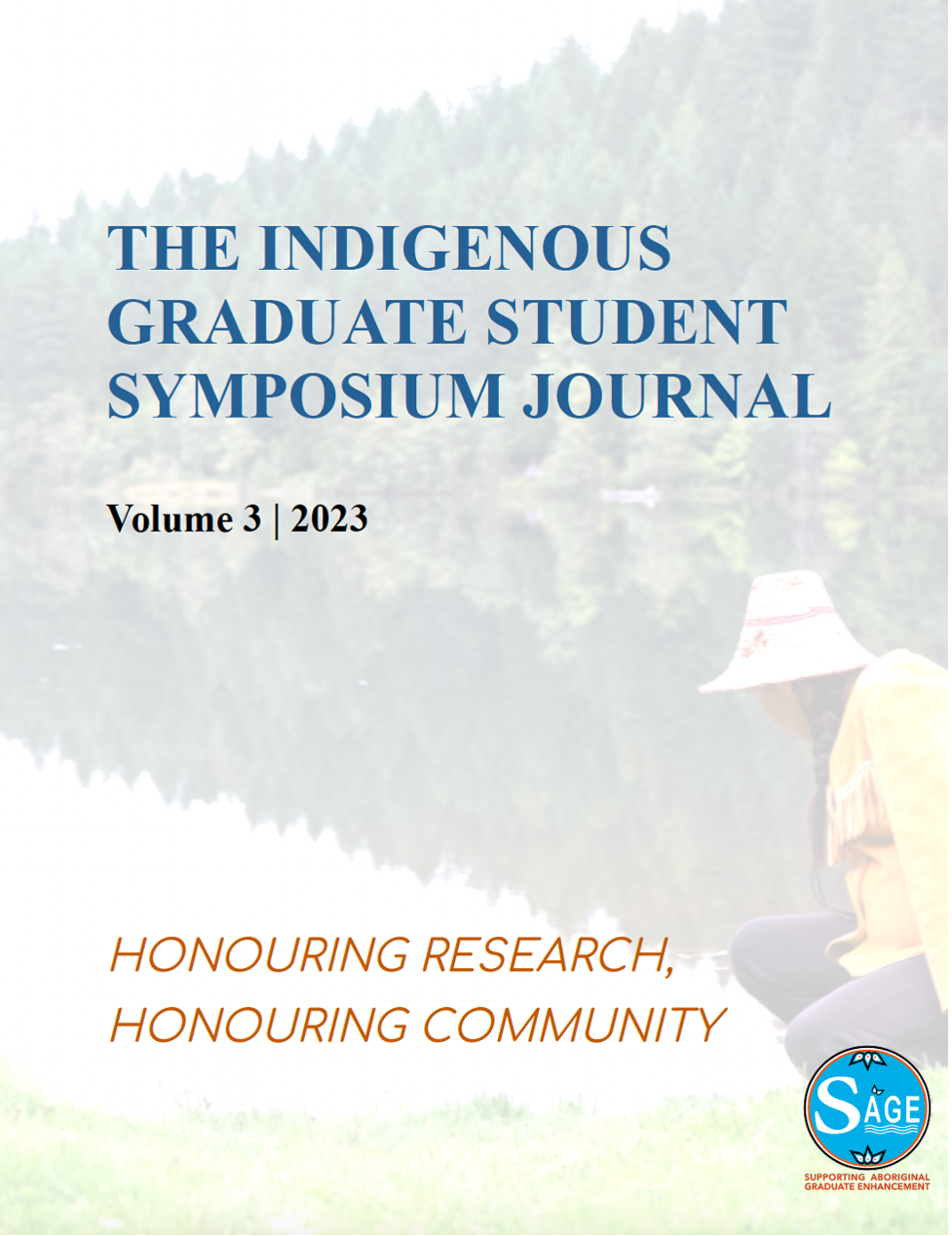Transgressing White Supremacy Culture in Education: A Lakota Baha'i Approach
Main Article Content
Abstract
Despite the promising incorporation of decolonization and anti-racism themes present in the provincial curriculum, public schools in British Columbia struggle to produce a racially equitable reality for students and staff. Consuming workshops and trainings have a limited effect if educators do not eventually produce anti-racism and decolonization initiatives and learning environments through their praxis. Using my own research methodology that is grounded in teachings from the Lakota medicine wheel, I will explore how relationality, kinship and critical consciousness can disrupt emerging and fluctuating iterations of white supremacy culture within secondary schools. Sacred moments of learning between myself and students will be relived, reviewed and reflected upon to gain greater insight. Memories and imagined conversations with my late father, who was himself a teacher and school administrator, will provide a strong connection to the spirit world. This methodology will allow me to witness and express white behaviors and attitudes as an observer within the educational setting. To an extent I am researching our white relatives. The task requires a good intention and a good heart. I will rely heavily on my theoretical framework to guide my steps. The Lakota medicine wheel teachings, the Ruhi education model developed through the global Baha’i community, and the transformative education practices of Paulo Freire and Bell Hooks act as the three primary posts that comprise the foundation of a tipi. Within the warmth and shelter of these three distinct paradigms, I can safely withstand the blizzard, the hostility, and rancor that lies just beyond.
Article Details

This work is licensed under a Creative Commons Attribution-NonCommercial 4.0 International License.

